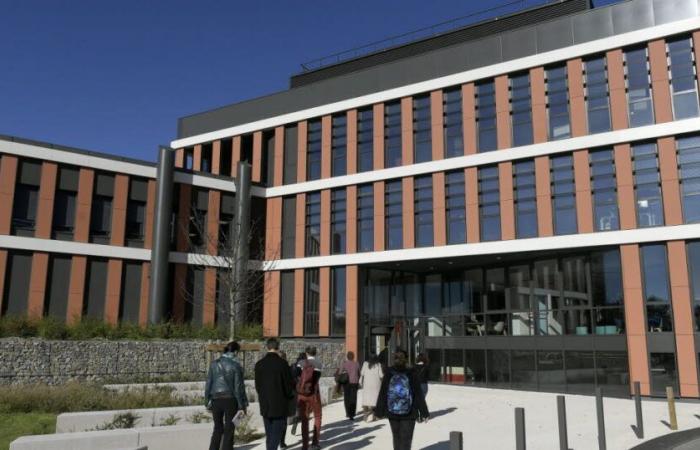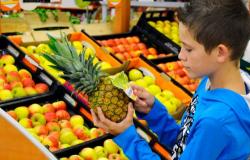The household appliances group SEB, which markets Tefal stoves in particular, announced on Wednesday the launch of a recycling network for pans and saucepans in France, with the aim of producing more than one pan in two (60%) with aluminum recycled within two years and, ultimately, 100%.
The group had launched one-off recycling operations in 2012, but at the time, many consumers were “reluctant” to the idea of purchasing recycled products, according to management.
Between 2012 and 2024, the group collected two million stoves: with this continuously installed sector, Seb intends to change scale, hoping to collect at least 20 million stoves by 2027, “all brands, all types of stoves and all coatings combined”, which will represent 5,000 tonnes of aluminum.
“A world first” according to the group
This raw material will save “more than 90% of energy compared to the production of virgin aluminum”, indicates the group, which praises “a world first in the service of the environment”, a little over nine months after being shaken by a bill banning eternal pollutants (PFAS) present in some of its stoves.
Kitchen utensils were finally excluded from the scope of the ban after an all-out lobbying operation by the group, and the parliamentary journey of the text was interrupted by the dissolution, but environmentalists hope to get the work back on track.
Seb has not given up using, for the non-stick coating of some of its products, PTFE (polytetrafluoroethylene), a Pfas that is safe according to him for health and used in nearly one in two pans produced by his care in the world.
However, he clarified to an AFP journalist that this component will be “destroyed” by its partner refiners during recycling operations, during which the utensils will be incinerated “at more than 1,200°C”.
“Guarantee total traceability” of utensil recycling operations
The subject is sensitive, as concern grows over the effects that “eternal pollutants” can have on health: in the event of exposure over a long period, they can have effects on fertility or promote certain cancers, 'after initial studies.
-In addition, the cost of decontaminating the environment of these molecules in Europe could reach 2,000 billion euros in two decades, according to an investigation by several media outlets coordinated by The World published Tuesday.
The group specified “guaranteeing total traceability” of recycling operations for utensils, which will be collected at “1,500 to 1,700 collection points”.
In search of Europe
SEB will rely, from the first quarter of 2025, on “the main distribution brands (Auchan, Leclerc, Carrefour), and will also develop a network of collection points in recycling centers and stores”.
According to studies, between 2.6 and three used pans or saucepans “sleep at the bottom of the drawers” of the French, according to the group.
Beyond France, the group hopes to expand this approach “quickly to the rest of Europe” and already has an eye beyond the continent.
France






